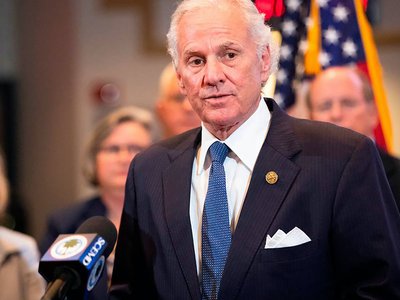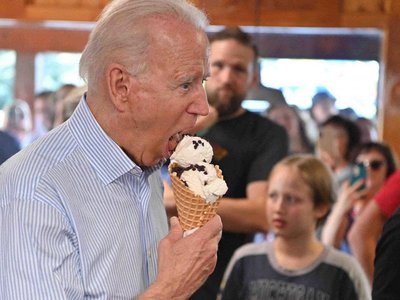A new report from the Bureau of Labor Statistics (BLS) has put into perspective the impact that government-ordered lockdowns have had on state economies.
According to the findings of the report, no state has been more negatively impacted than Michigan. Under Governor Gretchen Whitmer’s extreme and arbitrary guidelines, 32% of Michigan businesses were forced to close at least temporarily, the most out of any state in the nation. A deeper dive into the numbers highlights that Whitmer’s actions impacted more than 70,000 establishments and over 1.26 million employees from July-September.
Without question, Whitmer’s lockdowns have had a devastating effect on businesses across Michigan. A recent study by the University of Michigan concluded that the state may not reach pre-pandemic employment levels until 2024.
Governor Whitmer established some of the most draconian lockdown measures in the entire nation. Under her guidelines, Michiganders faced restrictions which were far more intrusive than those put in place by governors in neighboring states. As explained in The Wall Street Journal, Whitmer prohibited residents of the state from buying household items like paint and even prevented individuals from mowing lawns.
Michigan now bans lawn and landscaping services, motor boating and golf. Large stores can’t sell paint, furniture or garden equipment. People aren’t allowed to travel between residences, which blocks them from visiting second homes and hunting cabins. Long-distance drives that don’t meet a “critical” need, according to the governor’s definition, are prohibited.
With harsh guidelines in effect to a varying degree, business owners remain challenged and frustrated by Whitmer’s actions. A statewide ban on in-person dining has resulted in 48% of Michigan restaurants to consider closing, while 5,600 restaurant operators fear that they will have to permanently close their businesses within the next six months.
The report from BLS concluded that aside from Michigan, Pennsylvania and Washington were the two other states to see state government-imposed closures impact their businesses most. In Pennsylvania, 30% of businesses were forced to close, while in Washington, 27% of businesses were impacted.
Whitmer’s Lockdowns Forced One Third Of Michigan Businesses To Close
A new report from the Bureau of Labor Statistics (BLS) has put into perspective the impact that government-ordered lockdowns have had on state economies.






